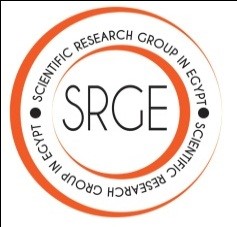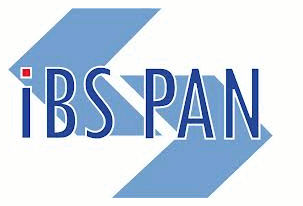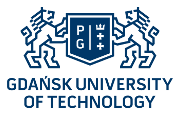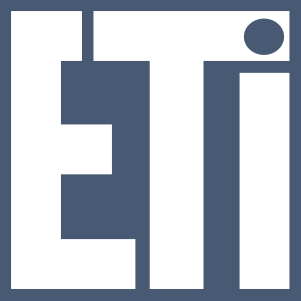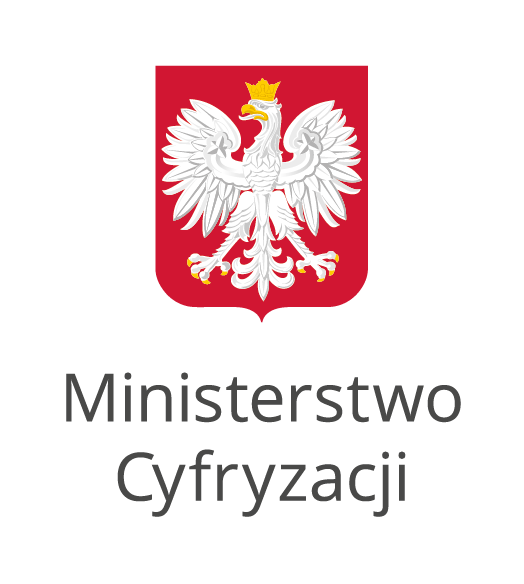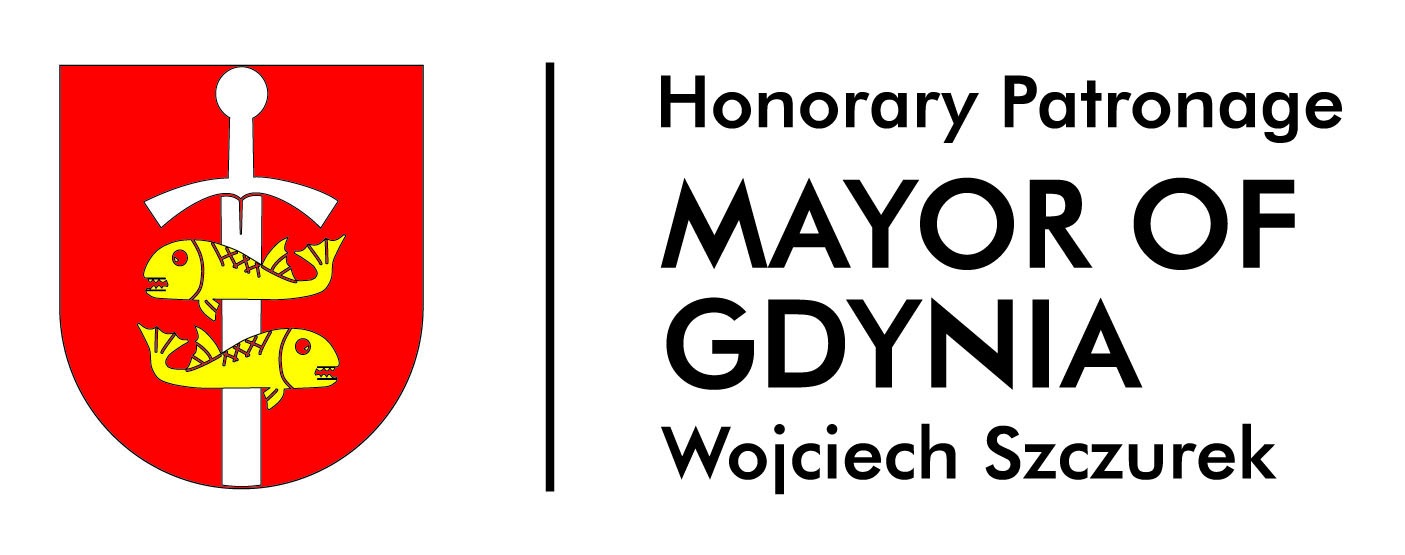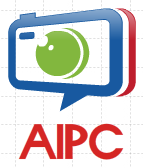
1st International Workshop on Advances in Image Processing and Colorization (AIPC'16)
Gdansk, Poland, 11 - 14 September, 2016
Image Processing and Colorization are two fields which have shown a stable growth in the last decades. They have different impact in computer science and other research areas, e.g. biology, remote sensing, and medicine. Image processing is very important in medical applications, robotics, and other industrial applications. Recently, the study of “colorization” begins to attract attention. The colorization technique can colorize a monochrome image by giving a number of color pixels. Colorization is a computerized process of adding color to a black and white print, movie and TV program. Image Colorization has a great impact on different applications. Image processing and Colorization can also be combined in many applications. Different tools, from machine learning and mathematics, are greatly influencing the research areas in image processing and Colorization. Recently, bio-inspired optimization techniques have been used to improve the image processing techniques, segmentation and classification.
The purpose of the “Advances in Image Processing and Colorization” session is to bring scientists, researcher scholars, and students from academia and practitioners present ongoing research activities about both theoretical advances and applications of Image Processing and Colorization and to allow the exchange of new ideas and application experiences to face to face.
Topics
Topics of interest include but are not limited to:
- Bio-inspired based image classification,
- Bio-inspired based image segmentation,
- Thermal image processing,
- Biometric identification and authentication,
- Face and iris recognition,
- Bio-inspired based face and iris recognition,
- New colorization approach,
- Colorization image coding techniques,
- Color embedding,
- Applications of image colorization,
- Video colorization,
- Physics-based colorization,
- Interactive colorization method,
- Colorization using optimization techniques,
- Colorization for monochrome Image,
- Color to gray and back.
Paper submission
- Authors should submit draft papers (as Postscript, PDF or MSWord file).
- The total length of a paper should not exceed 10 pages IEEE style (including tables, figures and references). IEEE style templates are available here.
- Papers will be refereed and accepted on the basis of their scientific merit and relevance to the workshop.
- Preprints containing accepted papers will be published on a USB memory stick provided to the FedCSIS participants.
- Only papers presented at the conference will be published in Conference Proceedings and submitted for inclusion in the IEEE Xplore® database.
- Conference proceedings will be published in a volume with ISBN, ISSN and DOI numbers and posted at the conference WWW site.
- Conference proceedings will be indexed in BazEkon and submitted for indexation in: Thomson Reuters - Conference Proceedings Citation Index, SciVerse Scopus, Inspec, Index Copernicus, DBLP Computer Science Bibliography and Google Scholar
- Extended versions of selected papers presented during the conference will be published as Special Issue(s) at the International Neural Network World Journal.
- Organizers reserve right to move accepted papers between FedCSIS events.

